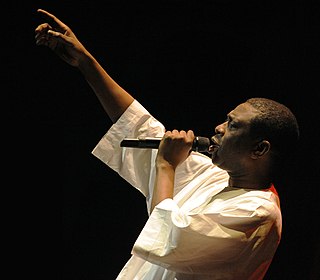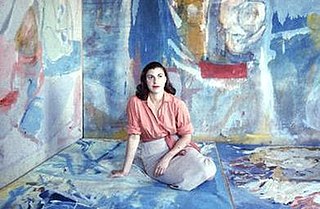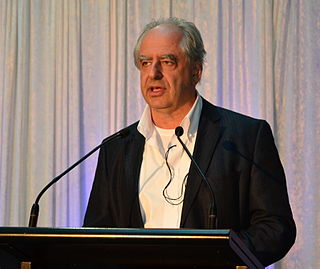A Quote by Katie Kitamura
I write some art criticism, and one thing that's clear to me is that politics is fashionable in the American art world in a way it maybe isn't in American fiction. Your work of art becomes fashionable the moment it has some kind of political commentary. I think this has its dangers - the equation between fashion, politics, and art is problematic for obvious reasons. Nonetheless, the notion of politics as being de rigueur in the world of fiction is almost unthinkable. In fiction in America at the moment, the escape into whimsy is far more prevalent than the political.
Quote Topics
Almost
America
American
Art
Art Critic
Art Is
Art World
Becomes
Being
Between
Clear
Commentary
Criticism
Dangers
Equation
Escape
Far
Fashion
Fashionable
Fiction
Kind
Maybe
Me
Moment
More
Nonetheless
Notion
Obvious
One Thing
Political
Politics
Problematic
Reasons
Some
Than
Thing
Think
Unthinkable
Way
Whimsy
Work
World
Write
Your
Related Quotes
As a composer, I believe that music has the power to inspire a renewal of human consciousness, culture, and politics. And yet I refuse to make political art. More often than not political art fails as politics, and all too often it fails as art. To reach its fullest power, to be most moving and most fully useful to us, art must be itself.
Many novelists say, "I'm not a political novelist" - myself included. That's a standard, even a default position. Whereas that divide between art and politics simply isn't possible in many countries. In Hungary, you couldn't be a fiction writer and then, when asked about politics, put your hands up in the air and say "But I'm not a political novelist." If you're a Chinese novelist, a novelist in a country where censorship is such an issue, how do you claim that politics has nothing to do with your writing? It's in your writing, it's shaping your words.
Mexico City is the center of art and culture and politics and has been and continues to be for Latin America in a way that I think really called to me as an artistic person, as someone that was interested in the politics of Latin America, you know. God, every single famous person in Latin American history and art and politics seems to have found their way to Mexico City.
My definition of art has always been the same. It is about freedom of expression, a new way of communication. It is never about exhibiting in museums or about hanging it on the wall. Art should live in the heart of the people. Ordinary people should have the same ability to understand art as anybody else. I don’t think art is elite or mysterious. I don’t think anybody can separate art from politics. The intention to separate art from politics is itself a very political intention.
I don't really believe in political art. I feel in my heart the purpose of art transcends cultural and class and politics. I think something like the Sistine Chapel is something that goes beyond just being a Christian thing. It transcends its Christianity and becomes sort of a universal beauty. And I think that's true of music and art and literature.
I think a more complex idea of fiction - and the human self's relationship with the world - emerges when we abandon this philistine equation between literature and liberalism and human goodness, and pay some attention to the darker, ambiguous, and often muddled energies and motivations that shape a work of art. If we do this, we can appreciate a writer like Céline or Gottfried Benn without worrying whether they conform to existing notions of political incorrectness.
It's interesting that we assign the label 'political' to art that doesn't just fit a mould of status quo. Is 'Downton Abbey' not political? That's political! Every piece of art offers a perspective on the world. And what is politics if not a perspective on the world? 'Downton Abbey' is about class. It's also about race.
I define science fiction as the art of the possible. Fantasy is the art of the impossible. Science fiction, again, is the history of ideas, and they're always ideas that work themselves out and become real and happen in the world. And fantasy comes along and says, 'We're going to break all the laws of physics.' ... Most people don't realize it, but the series of films which have made more money than any other series of films in the history of the universe is the James Bond series. They're all science fiction, too - romantic, adventurous, frivolous, fantastic science fiction!






































